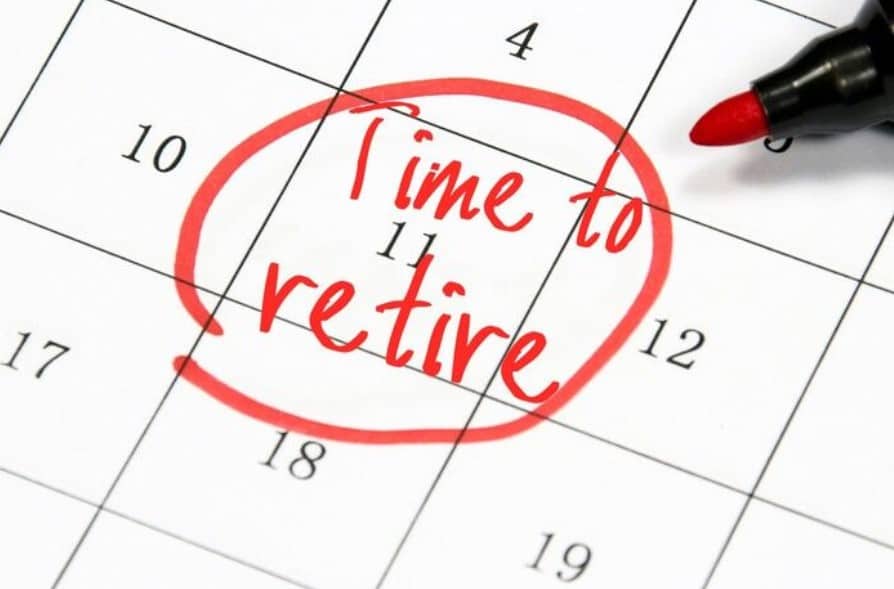There’s no one right age for retirement. But chances are good there’s a right age for you. And you’ll need to figure out what it is, since you’ll need a target date when setting savings goals and making your plans for the future.
The good news is, deciding when you should leave work is actually simpler than you might think. Just consider these five key factors to see when retirement should be on your schedule.
1. Your health status
Illness is one of the leading causes of early retirement. While you can do your best to stay in shape, if health problems run in your family or you’re already suffering from them, you may find your physical abilities dictate when you must stop working.
If you’re in great health and everyone in your family lived a very long time, odds are good you’ll be able to enjoy a long retirement. If so, it may make sense to set your retirement age a little later. Postponing the time you leave work will allow you to save enough to actually enjoy all those years of post-work leisure time without worrying about running short of money.
But if you suspect your health may not hold out, retiring early may be done out of necessity — or you may prefer to leave work ahead of schedule so you have at least some time to enjoy your later years.
2. Your retirement savings rate
The bottom line is, aiming to retire at a younger age means you’ll need to save a lot more money throughout your working life. For some people, that’s feasible — but for others, it’s simply not doable.
Consider how much of your income you can reasonably save after tightening your belt and making a detailed budget. Then, use an online calculator to figure out how large your nest egg would be at different retirement ages based on your current savings rate. You can’t plan to retire until that pot of money is large enough to support you.
3. Your Social Security claiming strategy
You can retire without claiming Social Security if you have enough other money to live on, but that’s not possible for many people. If you’ll need to claim your benefits as soon as you leave the workforce, the age at which you retire will affect the amount you receive.
If you start your benefits ahead of your full retirement age (FRA), which is between 66 and 67 depending on your birth year, you’ll see a smaller benefit. If you wait until after FRA, your benefit will grow larger. If you want to maximize the monthly income you receive, waiting to retire as long as possible is the smartest strategy. This not only ensures you’ll have more money in your later years, but it can also protect your spouse if you’re the high earner. That’s because waiting to claim your own benefit can ensure a larger survivor benefit.
Of course, the downside is that claiming Social Security late means foregoing benefits you could’ve received, without knowing if you’ll live long enough to receive enough higher checks later to make up for the money you missed. Thinking about your health could also influence this decision.
4. Your job prospects
For some people, their retirement age is determined by the fact that they can’t find work after they get older, or they can’t continue to do physically demanding jobs.
If you’re concerned about your ability to find employment as you age or to continue in your career field, it’s a good idea to plan an earlier retirement. On the other hand, if you’ve got a secure career you enjoy and your age isn’t likely to affect your ability to continue working, your ideal retirement age may be much later.
5. Your post-work plan
Finally, you’ll want to think about what you’re going to do with your time as a retiree. If you have lots of plans for spending your days, retiring sooner may make sense to give you the opportunity to do the things you’ve been dreaming of. But if you tend to get bored without the structure or social connections that work provides, you may want to think about putting off retirement until as late as possible.

